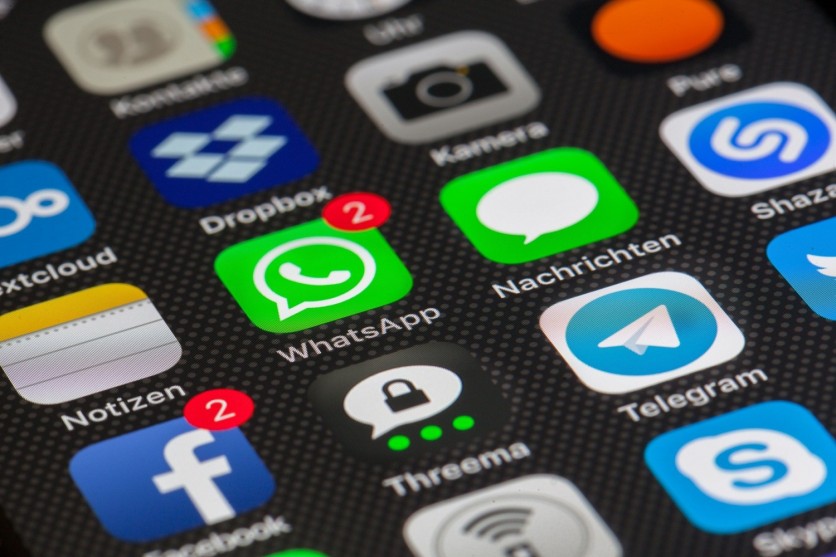WhatsApp says that highly-forwarded messages have plunged since it rolled on its new guidelines.

Earlier this month, in a significant change, the company announced that it'd prevent people from sending on "highly-forwarded" messages in strive to prevent the spread of viral posts.
The new regulations suggest that if a message has already been sent on in bulk, users should go to another attempt to forward it more. If a message has been sent enough to get a "highly-forwarded" tag, users can only send it on to one person at a time, instead of the usual five.
Now the company says those new rules have worked. Such messages being forwarded on has dropped 70% since the new functions were introduced.
The update was supposedly a part of dealing with the vast unfold of misinformation. The move arrived as WhatsApp, and other social networks aimed to cope with an influx of false memories and rumors related to the coronavirus pandemic.
Whatsapp is reportedly being used to spread misinformation about COVID-19 cures
WhatsApp has faced intense scrutiny approximately the role of its provider in spreading incorrect information in the course of the pandemic. WhatsApp groups can comprise as many as 256 participants, which means messages can spread fast among a big wide variety of users. CNN and other news agencies last month mentioned that the service was being used to share incorrect information about coronavirus cures. Various governments have requested WhatsApp and different social media firms to do more to control the spread of viral misinformation on their platforms.
The company noted a significant increase in the amount of forwarding which users have to inform them can feel overwhelming and can contribute to the spread of misinformation. "We believe it's important to slow the spread of these messages down to keep WhatsApp a place for personal conversation," the company said.
A spokeswoman told Business Insider the massive reduction in viral forwarded messages is helping keep WhatsApp a place for personal and private conversations.
This isn't the first time WhatsApp has brought modifications to help slow the unfold of misinformation. The social messaging app began labeling forwarded messages to help you identify the person you received a message from might not be the original sender. Last year, WhatsApp introduced a five-person forwarding limit for messages. The provider has also promoted through a World Health Organization bot to offer verified records approximately the COVID-19 pandemic.
ALSO READ : Facebook Removes 'Interested in Pseudoscience' Ad Category to Fight COVID-19 Misinformation
As the chats on the app are encrypted end-to-end, the spread of misinformation worldwide could be challenging to track, especially on how critical impact these steps might have on.
CNN said the platform is also working on a new function that allows customers to take a message they've obtained and quickly search the web to verify its content. In screenshots shared with TechCrunch last month, a magnifying glass seems next to a message, which could take the user to an associated Google search.
This move is to keep WhatsApp a positive ground for personal and personal conversations. It would discourage people from sending suspicious messages to a bunch of folks in one go.
ⓒ 2025 TECHTIMES.com All rights reserved. Do not reproduce without permission.




